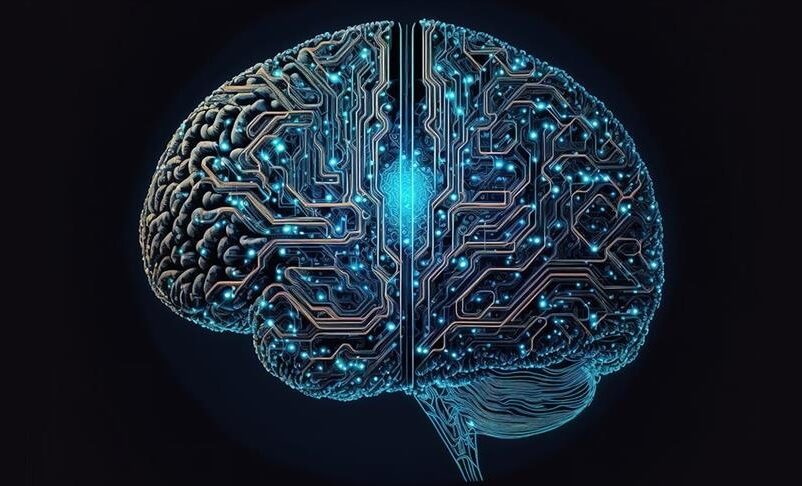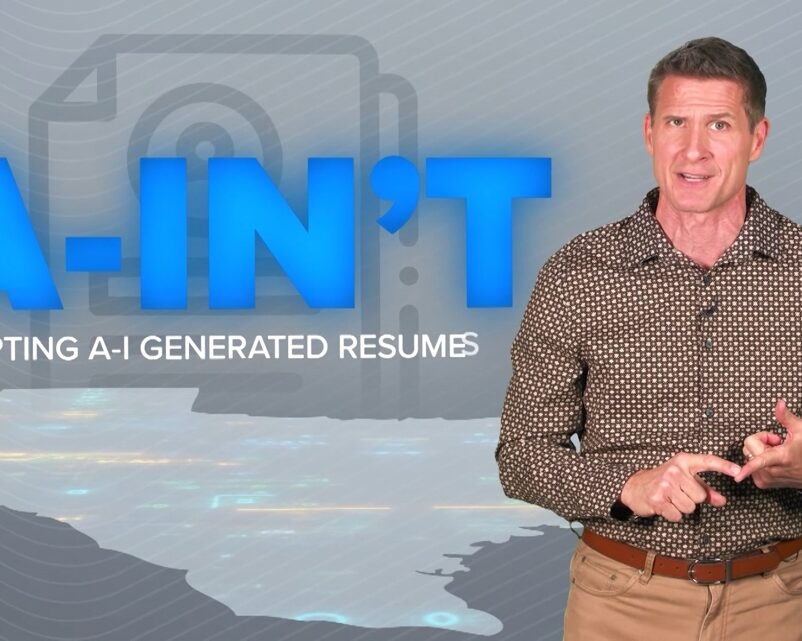
ANKARA
Artificial intelligence is subtly shaping people’s spending habits, gaining traction as technology advances around the world.
Many of these innovations are altering the old consumer paradigm; with digitalization, geographical borders are dissolving.
Businesses use artificial intelligence technologies to take their products beyond marketing and present them to customers almost “forcefully” at every level. As a persistent marketer, firms show their products in various bundles, as if they are an urgent necessity, in front of people perusing news sites or social networks. The algorithm created from an individual’s past preferences or discourses is applied during these presentations.
As a result, using artificial intelligence technology, products that individuals may be interested in or like are presented, and shopping sites may place the products that users may prefer in banners with algorithms and they may insist on selling the product by promoting a more desirable campaign or advertisement.
Wilhelm Bielert, chief digital officer and vice president at Canada-based industrial equipment manufacturer Premier Tech, told Anadolu that AI-powered personalized recommendations, chatbots, and virtual assistants are changing the way people shop and find and get information.
It has both positive and negative aspects, according to Bielert. The positive aspect is that it can support consumers in finding the right products, while the negative aspect is that it is a resource to influence consumers.
Individual consumption habits have begun to shift significantly as a result of the rapid expansion of Internet technology, particularly since the beginning of the 21st century. Artificial intelligence technology and the algorithms created have begun to alter people’s consumption habits, even directing them to things they do not require as if they were necessary.
Artificial intelligence, according to Bielert, is revolutionizing several businesses and opening new areas, providing jobs and forcing layoffs in some areas.
“It is important to note that the adoption of artificial intelligence can lead to more income inequality and concentration of wealth in the hands of a few technology companies,” he said. He, however, pointed out that artificial intelligence also improves efficiency, productivity, and decision-making mechanisms in enterprises.
Bielert argued that the spread of artificial intelligence will result in no “intelligence cost,” suggesting that people will not need to use their minds as much.
Up to 800M jobs expected to be lost worldwide by 2030
According to a study by the global management consulting firm McKinsey & Company, automation is expected to eliminate between 400 million to 800 million jobs worldwide by 2030.
Goldman Sachs, a US investment bank, said earlier this month that artificial intelligence systems such as ChatGPT might affect 300 million full-time jobs worldwide by 2030. According to the same report, technology is threatening the jobs of legal and administrative personnel in the US.
Bielert said AI has the ability to automate certain operations and replace humans in manufacturing, particularly in repetitive, manual, or data-driven positions.
It might result in job losses and unemployment in the short to medium term, he opined, but it can also free up time for people to focus on more productive, strategic, and value-added duties. In reality, AI is expected to create new economic opportunities and sectors in the long run, according to Bielert.
He also said artificial intelligence has a complementary component to human skills and this can occasionally improve skills.



